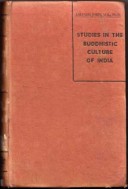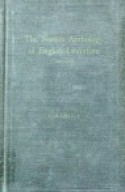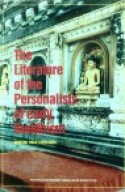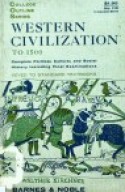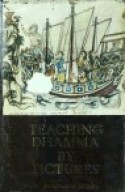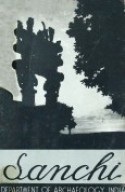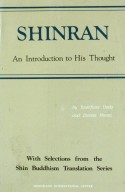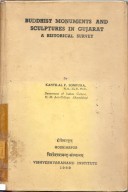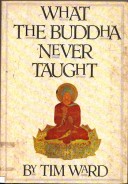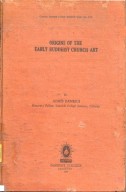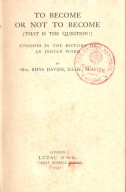Tìm Sách
Sách tiếng Anh-English >> Studies in the Buddhistic Culture of India
Thông tin tra cứu
- Tên sách : Studies in the Buddhistic Culture of India
- Tác giả : Lalmani Joshi
- Dịch giả :
- Ngôn ngữ : Anh
- Số trang : 538
- Nhà xuất bản : Motilal Banarsidass - Delhi Patna Varanasi
- Năm xuất bản : 1967
- Phân loại : Sách tiếng Anh-English
- MCB : 1201000000824
- OPAC :
- Tóm tắt :
Studies in the Buddhistic Culture of India
Lalmani Joshi
Motilal Banarsidass - Delhi Patna Varanasi
FOREWORD
While in one sense Buddhistic culture is part of the wider stream of Indian Civilisation, in another sense, it transcends the quality of any purely nationalistic culture. That is because of its particular but genuine spiritualism. Like man, culture has a double origin, natural and spiritual. In fact, man`s cultural life arises from his spiritual aspirations working from within the limited but modifiable circuits of his natural or instinctive life. Just as a Nyagrodha has roots above and below, so culture is conditioned by material, social and historical circumstances and yet aspires after an eternal and universal ideal. The quest for security, for example, produces diverse historically circumscribed systems of economic, social and political institutions, all of them really seeking to express and spell out in a realm of contingent multiplicity different aspects of man`s vision of the protecting Deity whether as symbolized by the bounteous goddess holding the cornucopia or a the Heavenly Father (Pitamak) or a the Lord welding the sceptre of authority. Whether man`s protecting dety be real or imaginary, it cannot be gainsaid that man tends to evolve the consciousness of an ideal of security, of a universal order where each individual would receive the care a child would from a bounteous, loving and just father. Whether such an order is in some sense eternal or a future possibility, personal or impersonal, is less significant than the fact that it is not yet a perfected actuality on the historical plane and that its notion imparts a universal direction and intelligibility to man`s history as governed by the quest for security. The order quests of man, for knowledge, for love and for freedom, operate similarly in his history. Thus it is that culture appears as an evolving complex with a historical matrix and a transcendent ideal.
CONTENTS
Foreword by Prof. G.C Pande
Opinions
Dedication
Author`s Preface
Contents
Analysis of Contents
Abbreviations
Chapter
- The Background of Earlier Development
- Buddhism during the 7th and 8th centuries A.D
- Buddhist Art in the Monasteries
- Monastic life and discipline
- Ethical and spiritual culture
- Buddhist education and its centres
- Buddhist learning and literature
- Buddhist philosophy and dialectics
- Buddhism as viewed by Kumarila and Samkara
- Origin and growth of esoteric Buddhism
- Doctrines and practices of esoteric Buddhism
- Beginning of the decline of Buddhism in India
Appendix
1. Emperor Harsa as a Buddhist Author
2. Life of Works translated by Yuan Chwang
3. The Date of Dharmakirti
4. Gaudpada Synthesis of Buddhism and Vecdanta
5. Chronology of some Early Siddhas
Bibliography
Index of Proper names
Index of important words and subjects
Additions and correction
 Facebook
Facebook
 Google
Google
 Google+
Google+
